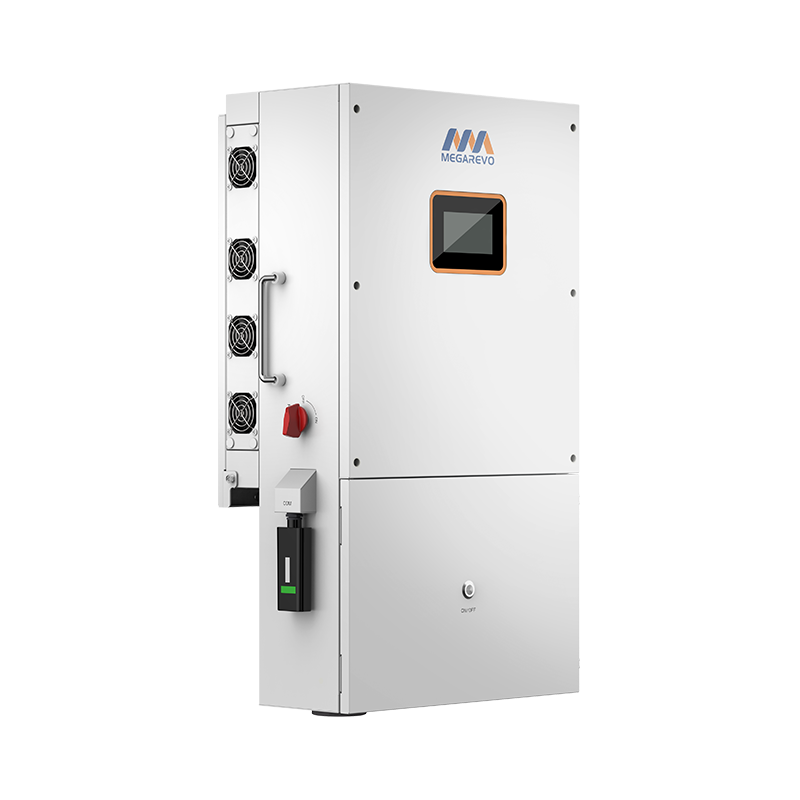As households increasingly prioritize energy resilience and cost savings, hybrid inverters have become central to efficient power management. Among these solutions, the Megarevo 8k inverter stands out for its adaptability and advanced design. Tailored for North American low-voltage systems, this 48V split-phase inverter bridges the gap between solar generation, battery storage, and grid connectivity, offering homeowners a reliable way to optimize energy use. Megarevo, a brand dedicated to innovative energy storage systems, combines technical precision with user-friendly functionality in its 8k model, making it a practical choice for modern homes.
Smart Energy Management for Modern Homes
The Megarevo 8k inverter supports multi-device parallel configurations, allowing up to six units to work together for a combined output of 60KW. This scalability caters to homes with high energy demands, such as those with electric vehicles or extensive appliance usage. A standout feature is its ability to share a single battery bank across multiple inverters, reducing installation complexity and hardware costs. With a 100A load capacity per unit, the system dynamically adjusts to fluctuating energy needs while maintaining consistent performance.
Efficient Power Conversion and Reliability
By eliminating traditional transformers and adopting a split-phase topology, the Megarevo hybrid inverter 48V achieves system efficiencies of up to 98%, minimizing wasted energy. Advanced parallel controls, including SOC (State of Charge) balancing and current-sharing algorithms, ensure even battery utilization across connected units. This not only extends battery life but also enhances system stability. Additionally, the inverter’s dual compatibility with grid power and diesel generators provides uninterrupted backup during outages, ensuring critical appliances remain operational.
Simplified Control and Future-Ready Adaptability
Megarevo integrates an intuitive display interface into the 8k inverter, enabling real-time monitoring of energy production, consumption, and storage. Users can easily track performance metrics or adjust settings to align with shifting energy goals. The system’s modular design also allows homeowners to start with a single unit and expand gradually, offering flexibility as energy needs grow. This approach reduces upfront costs while supporting long-term sustainability.
Conclusion
The Megarevo 8k inverter redefines home energy systems by blending robust power delivery with intelligent management. Its ability to harmonize solar arrays, battery storage, and grid interactions positions it as a versatile solution for reducing electricity bills and carbon footprints. For households seeking a balance between performance, affordability, and ease of use, Megarevo’s 8k model exemplifies how advanced technology can simplify energy independence—without compromising on reliability or scalability.
